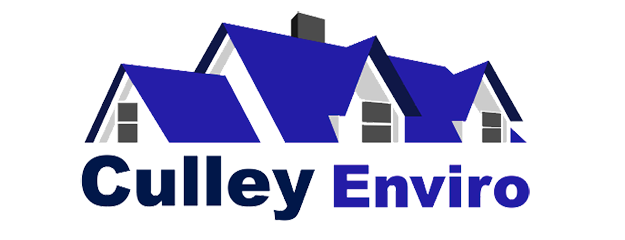Looking for a Mold Inspection? Culley Enviro has you covered. We are your experts in mold, serving the greater Dallas and Fort Worth metroplex.
Contact Us today to schedule your mold inspection!
A request for a mold inspection is what usually takes place when a person suspects or has smelled or seen fungal growth at their residence or place of business. There are important factors to consider when consumers seek to have their home “inspected” for mold or get a mold air test.
- Mold inspections need to be performed by a licensed mold assessment company, mold assessment consultant, or mold assessment technician in the state of Texas. Texas is one of a handful of states that requires a person to be licensed to test and inspect for mold.
- Clients who engage the services of a licensed mold assessment consultant should receive a Consumer Mold Information Sheet (CMIS) up front. A link to a copy of the CMIS may be found on our website. Please feel free to click on it and print it out.
- Certified mold inspectors will want to know about any type of water intrusion, infiltration, or leaks that have occurred in the recent past usually 1-2 years. Past water damage and mold contamination can be a source of health issues due to a person being exposed over a long period of time. If the water issue was cleaned up by a professional water restoration company, a mold inspector will want to know that.
- Mold inspection and testing may take up to one hour to complete in houses of 3,200 sq ft or less. Most mold inspectors look for sources of moisture intrusion which may be in the form of liquids (water leaks or floods), condensation (on cold surfaces) or high levels of humidity (vapor). These sources are primarily found in kitchens, bathrooms, laundry rooms, around windows, around HVAC supply grilles, sprinkler systems that spray directly on exterior walls, and in rarer cases surface temperature dominated mold growth. Signs of moisture intrusion may be simple water stains left by a roof leak, or HVAC drain line back up. These should be noted and inspected as well. Most of the time water stains are not mold. However, signs of buckled floors, warped baseboards or soft drywall are all indicators that the materials have gotten pretty wet and may be harboring mold growth.
- If you are having an allergic reaction such as a runny nose, sneezing, or itchy eyes associated with being in your home or office and not in other places you visit, it is time to contact a licensed mold assessment company for a visit.

